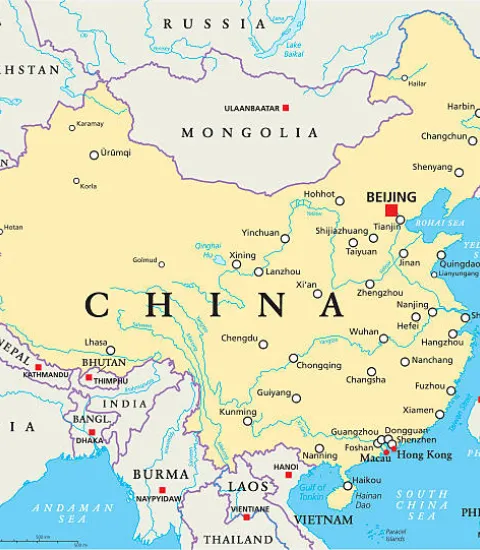
Yicang Neighbourhood Mutual Assistance Program
Resilient communities are building blocks of sustainable development. However, rapid societal, economic, technological changes of the 21st Century are breaking the bonds of communities everywhere. The Yicang Program uses a blended model of formal and informal volunteering to encourage local cultures of mutual assistance, recognizing that the benefits of volunteering go beyond the top-down delivery of services. Through strengthening horizontal social bonds, Yicang helps to not only reduce social isolation, but also creates new opportunities for stronger, collective responses to resilience stresses and strains. The Yicang model also works to break down the distinction between service delivery and beneficiaries. Vulnerable and marginalized community members are encouraged to become Yicang volunteers themselves, in recognition that participation can boost confidence and develop soft and hard skills. The Yicang Program also works alongside public social services and has been highlighted as a good practice by the Ministry of Civil Affairs and included in leading social work training courses, including at Tsinghua University and Renmin University.
Each Yicang team runs a "public service market” in which volunteers advertise their individual services that they will donate for free to community members. To access the market and take advantage of the donated services, members must register with their local identification documents to prove that they are local residents.





